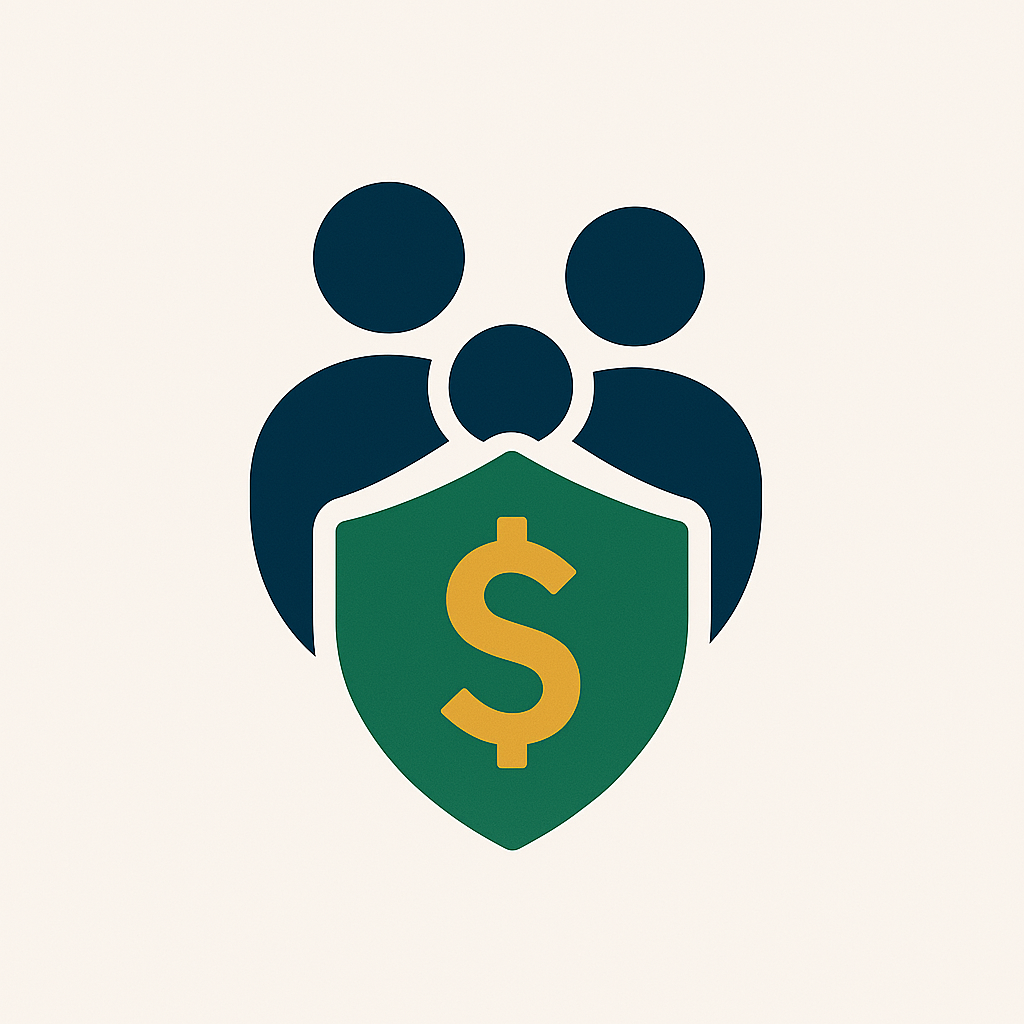10 Things To Stop Buying If You Want To Hit Your Financial Goals
Living within your means and achieving financial independence is a lifelong journey. While it might seem counterintuitive, prioritizing and strategically eliminating unnecessary purchases is a crucial step in the right direction.
Let’s delve into this practical guide and explore 10 actionable steps you can take to liberate more money and pave your path to financial freedom.
1. Assess Your Financial Situation
Start by taking a realistic inventory of your monthly income and expenses. This will provide you with a clear picture of your financial standing and help you identify areas where you can cut back.
2. Rethink Your Subscription Box Subscriptions
Canceling unused subscription boxes is an easy way to free up significant funds each month. Consider carefully evaluating the value each box offers and whether you truly need its contents.
3. Stop Impulse Purchases
Challenge yourself to a 30-day wait period before making any non-essential purchases. This will help you assess whether the purchase truly aligns with your long-term goals and priorities.
4. Embrace Digital Minimalism
Minimize the amount of digital clutter in your life. Unplug from social media, limit online shopping, and avoid overspending on subscriptions you rarely use.
5. Downsize Your Housing
Downsizing to a smaller home can significantly reduce your monthly mortgage or rent payments. Consider living with roommates or opting for shared spaces whenever possible.
6. Rethink Your Eating Habits
Invest in healthy eating on a budget. Explore affordable grocery options, cook more meals at home, and prioritize home-cooked meals over expensive takeout.
7. Cancel Unused Subscriptions
Don’t be afraid to unsubscribe from unwanted or unused subscriptions. Freeing up those resources will free up more money in your wallet.
8. Prioritize Travel
Explore alternative travel options like public transportation, carpooling, or staying in budget-friendly accommodations. Consider taking on short-term rentals or exploring less expensive destinations.
9. Review Your Insurance Coverage
Evaluate your insurance needs and adjust your coverage accordingly. Consider switching to more affordable plans or eliminating unnecessary coverages.
10. Invest Wisely
Start investing early and consistently. Explore low-cost mutual funds or exchange-traded funds (ETFs) for long-term growth. Seek financial advice from professionals if needed.
Remember: Financial goals are not achieved overnight. Be patient with yourself, celebrate your milestones, and adjust your plan as needed along the journey to financial independence.

Leave a Reply